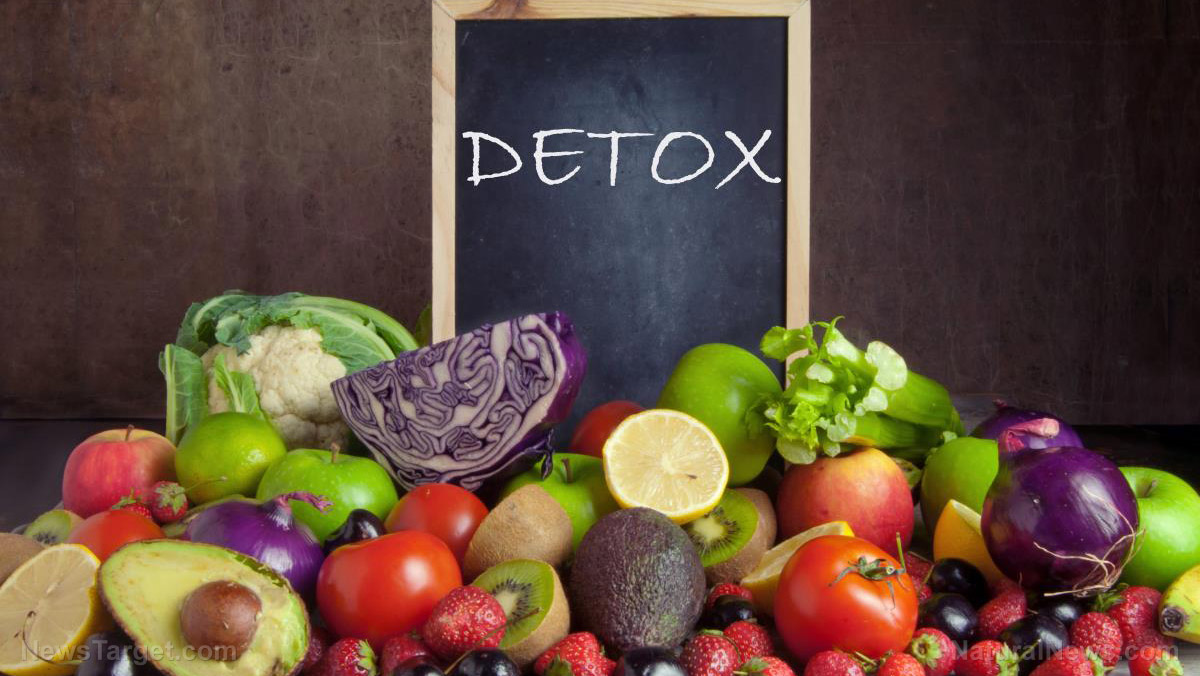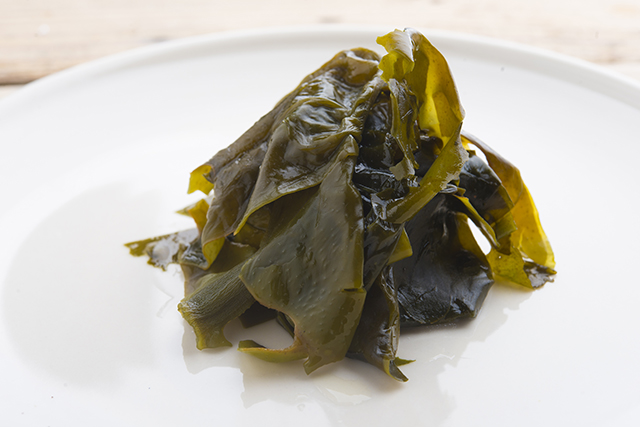
Now, research suggests that consuming vitamin C-rich foods or taking vitamin C supplements can even protect against different types of cancer. In fact, nearly 6,000 studies have looked into the anti-cancer activity of vitamin C and found that it can be used to prevent or help treat oral, stomach, pancreatic, cervical, rectal, breast and even lung cancers.
The role of vitamin C inside the body
The human body does not produce vitamin C naturally, so it has to be obtained from dietary sources. Some of the best sources of vitamin C include:
- American persimmons
- Blackcurrants
- Broccoli
- Chili peppers
- Kale
- Lemons
- Mustard spinach (komatsuna)
- Oranges
- Parsley
- Strawberries
- Thyme
Research suggests that vitamin C helps the body grow new tissue and repair damaged tissue. During wound healing, vitamin C stimulates the production of collagen, a structural protein that serves as a scaffold for new tissue growth. Collagen is also important for the maintenance and repair of bones, teeth, skin and cartilage. (Related: Increasing vitamin C intake can reduce hip fracture risk by 44 percent: Study.)
As an antioxidant, vitamin C helps reduce the damage to the skin that's caused by exposure to UV rays. This is not only important for preventing skin diseases like melanomas, but also for promoting healthy skin aging. Additionally, vitamin C, when applied topically, is said to lighten the skin by decreasing the production of melanin, the natural pigment responsible for the skin's color.
Vitamin C for cancer prevention
According to information from the National Cancer Institute's website, the use of high-dose vitamin C to kill cancer cells has yielded promising results in multiple animal studies. In humans, daily doses of up to 1.5 grams of vitamin C per kilogram body weight did not cause any adverse effects in healthy people and cancer patients, so long as they did not suffer from kidney problems or G6PD deficiency. High-dose vitamin C improved the quality of life of cancer patients and, when taken with anti-cancer drugs, helped reduce unwanted side effects. High doses of vitamin C are often introduced intravenously (through a vein) because it allows vitamin C to reach higher levels in the blood than when it is taken orally.
Several studies that looked into the effects of combining high-dose vitamin C and chemotherapy drugs have reported favorable results. In a small study involving patients with advanced pancreatic cancer, the combination was able to stop the progression of the disease over an average of six months without causing serious side effects. Two pilot trials that involved patients with non-small cell lung cancer or glioblastoma (brain cancer) also reported better overall survival and fewer side effects compared with controls. Meanwhile, ovarian cancer patients who received high-dose vitamin C intravenously together with chemotherapy also reported experiencing fewer side effects from cancer treatment than patients who did not take vitamin C.
The recommended daily dose of vitamin C is 15 to 45 mg for children aged one to 13, and 75 to 90 mg for adults. The upper limit of vitamin C intake per day (from diet and supplements) is 2,000 mg. Health experts warn that exceeding the upper limit can cause side effects, such as nausea, diarrhea, heartburn, headaches, insomnia and abdominal cramps. If you wish to take high doses of vitamin C, consult with your naturopathic health care provider first.
Sources include:
Please contact us for more information.























